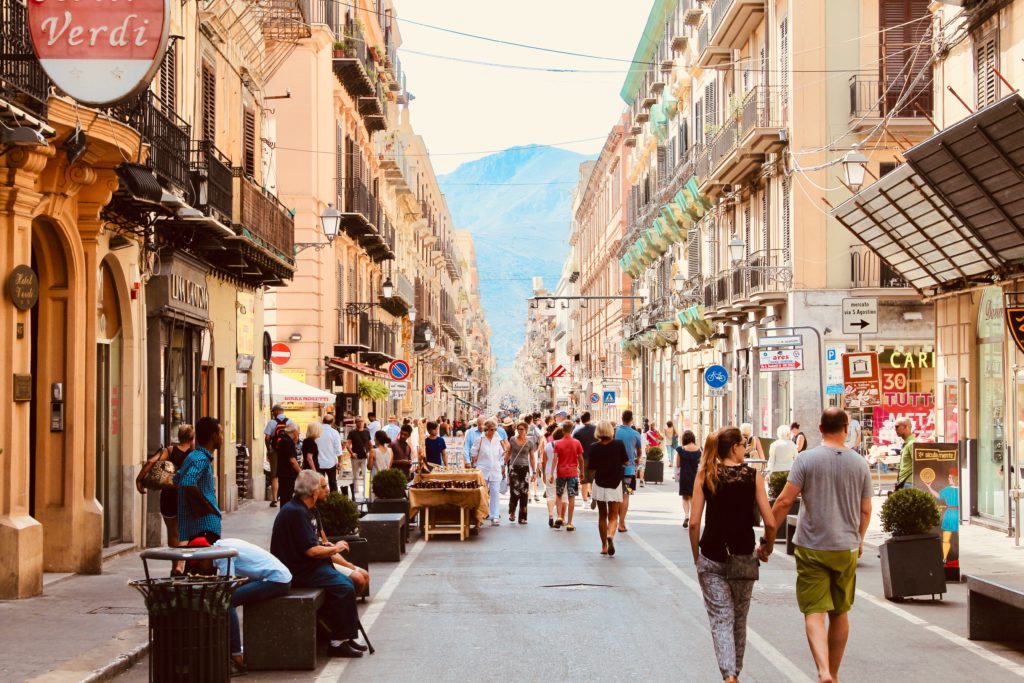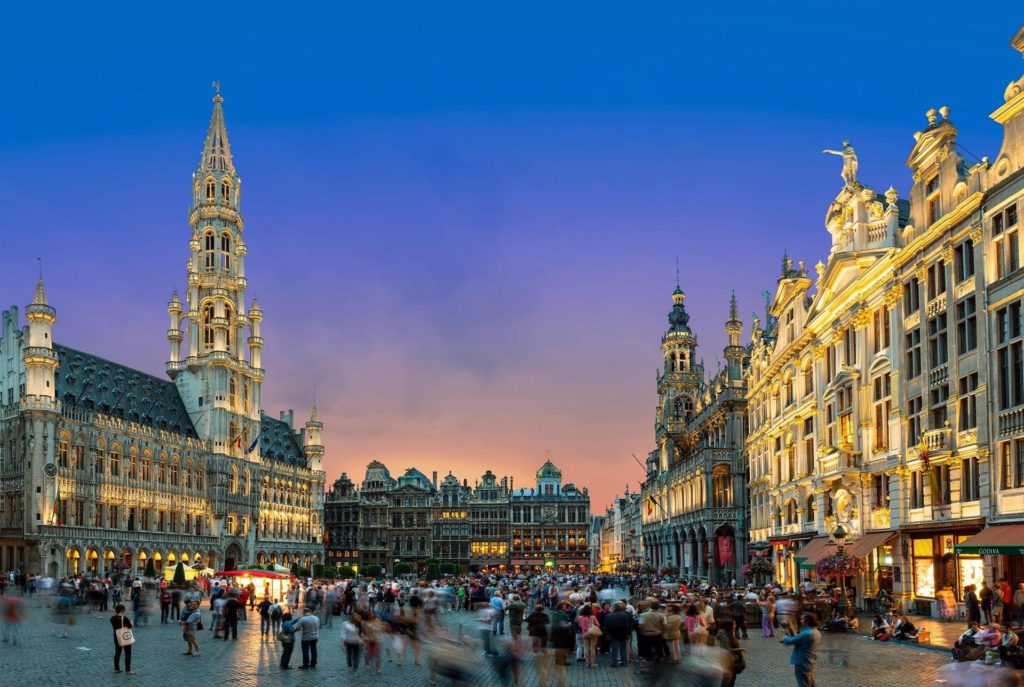Cities and stakeholders discuss key aspects for future development of UVARs
On 28 November 2019, the second day of the Polis Conference, session 4C: “Urban Vehicle Access Regulations: consolidation or transition?” took place. The session, chaired by Cathy Macharis (Vrije Universiteit Brussel), concluded with an inspiring discussion where participants identified key aspects to consider for the successful development of UVARs around Europe.
In the first part of the session, a panel of different experts and stakeholders presented their respective work related to Urban Vehicle Access Regulations (UVARs). The first findings of ReVeAL (the EU project re-opens this debate around UVARs after a decade) were presented. Technolution shared details of advancements on digital tools for intelligent urban access and DGP Group represented logistic providers as stakeholders in air quality measurement. IRU (International Road Transport Union) talked about UVARs in view of the provision of road transport services, and Buck Consultants International presented a roadmap for zero emission zones in the Netherlands.
A panel of cities then shared their experiences implementing different UVAR measures: low emission zone in Brussels; access regulation for trucks in Antwerp; low emission zone in Barcelona Ring Road Area; and diesel car bans Frankfurt. (You can find definitions related to UVARs in ReVeAL's glossary).
As the session concluded, Matthew Baldwin (Deputy General at DG MOVE), asked speakers to consider how the European Commission can support the deployment of UVARs. This question prompted a discussion where all experts and cities identified crucial aspects.
Louise Duprez (Bruxelles Environment) highlighted that “there is a need to have exchange of information about vehicles at European Level, as there is in other areas”. “European level should focus on the source policy, and make sure that vehicles are sold and circulating emitting the least. We can ban vehicles in Europe, and we know they are going to be driven elsewhere (E.g. East Europe, Africa). This is an ethical problem. It is a climate change problem as well”. The need for increased safety was also identified as one of the core issues by the City of Antwerp, based on their experience of access regulations for trucks. Tobias Hagen (Research Lab for Urban Transport) highlighted the importance of research to estimate the potential effects of UVARs.
Buck Consultants international put an emphasis on enforcement citing the City of Maastricht as a good example of decongestion. From the perspective of logistic providers, Dominique Mamcarz (DPD group) pointed out that what they require first is clarity. “For us it is like a puzzle to operate in Europe. Try to support us and make it more understandable, supporting data”. Technolution, as a technology provider, highlighted that exchange of information, harmonisation and standards are needed. Raluca Marian (IRU) put an emphasis on mutual recognition and said that “pillars that could help are information, retrofitting, stickers, some common sense principles like impact assessment proportionality, and no ban before solutions are available”.
Facilitating information exchange between cities was also considered instrumental by Lucy Sadler. “In terms of harmonising what cites do, the processes need to fit the city. Harmonisation cannot be “enforced”. It is important not to limit what cities can do, because this can limit best practices and innovation. Regarding information exchange, frameworks vary a lot from city to city, there is no one-in-one match. But there needs to be some information that can match through”. Cities cannot do all this on their own, they need support. This is precisely what the ReVeAL project is currently working on. It provides a common and structured process to guide cities on how to decide upon and implement the most suitable UVAR measures, and thus become more liveable.


